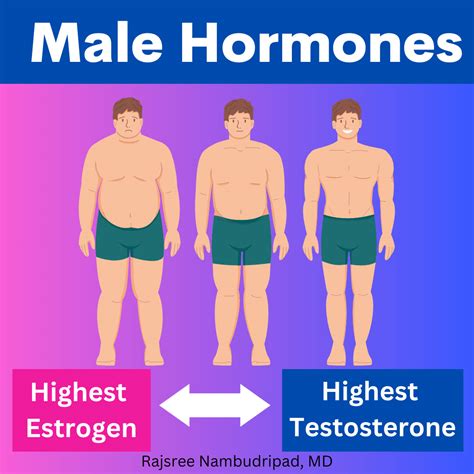Which micronutrients boost male testosterone naturally for performance and vitality?
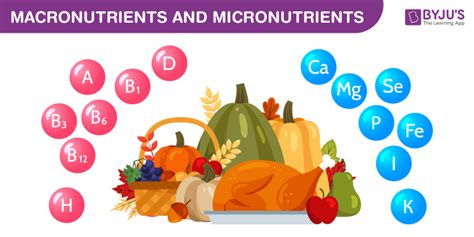
Understanding Testosterone and Its Importance
Testosterone, the primary male sex hormone, is vital for more than just libido and muscle mass. It influences energy levels, bone density, mood, cognitive function, and red blood cell production. As men age, testosterone levels naturally decline, often leading to symptoms like fatigue, decreased muscle mass, increased body fat, and reduced cognitive sharpness. While many factors influence testosterone, a key area to explore for natural enhancement is micronutrient intake.
Zinc: The Testosterone Powerhouse
Zinc is perhaps one of the most well-known minerals linked to testosterone production. It plays a critical role in numerous enzymatic reactions, including those involved in hormone synthesis. Studies have shown that even a mild zinc deficiency can lead to a significant drop in testosterone levels, while supplementation in deficient individuals can restore them. Zinc also helps prevent the conversion of testosterone to estrogen (via aromatase inhibition) and supports overall reproductive health.
Dietary Sources of Zinc:
- Oysters (exceptionally high)
- Red meat (beef, lamb)
- Poultry
- Beans, nuts, whole grains
- Dairy products
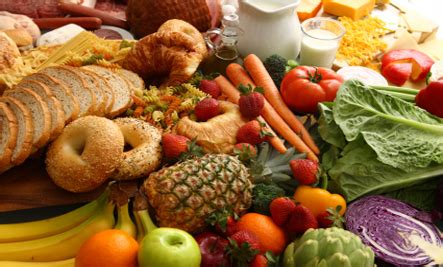
Vitamin D: The Sunshine Hormone
Often referred to as the ‘sunshine vitamin,’ Vitamin D is actually a steroid hormone itself and plays a profound role in male health. Research indicates a strong correlation between adequate Vitamin D levels and higher testosterone. It’s believed to impact the production of testosterone directly by influencing the genes that control its synthesis and also by interacting with testosterone receptors throughout the body. Sufficient Vitamin D levels are associated with better mood, bone health, and immune function, all contributing to overall vitality.
How to get Vitamin D:
- Sunlight exposure (the most natural way)
- Fatty fish (salmon, mackerel, tuna)
- Fortified foods (milk, orange juice, cereals)
- Supplements (especially in regions with limited sun)
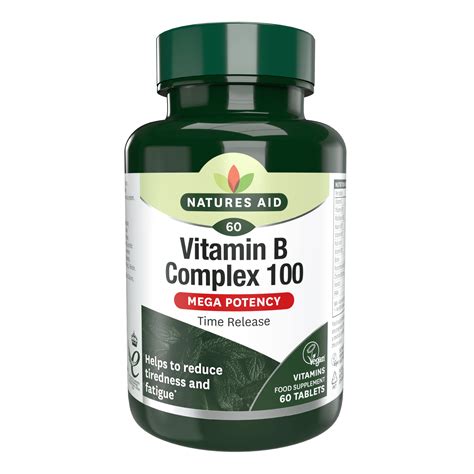
Magnesium: The Free Testosterone Booster
Magnesium is an essential mineral involved in over 300 biochemical reactions in the body, including muscle and nerve function, blood glucose control, and blood pressure regulation. For testosterone, magnesium plays a crucial role by reducing the binding of testosterone to sex hormone-binding globulin (SHBG). SHBG binds to testosterone, making it unavailable for the body to use. By reducing SHBG, magnesium can increase the amount of free, biologically active testosterone. It also contributes to better sleep quality, an indirect but powerful factor in hormone regulation.
Magnesium-rich foods:
- Dark leafy greens (spinach, kale)
- Nuts (almonds, cashews)
- Seeds (pumpkin, chia)
- Legumes
- Whole grains
- Avocados
- Dark chocolate
Boron: The Hormone Synergist
While less commonly discussed than zinc or Vitamin D, boron is an trace mineral with emerging research showing its significant impact on male hormone health. Studies suggest that boron can increase free testosterone levels by reducing SHBG. It also appears to reduce estrogen levels, further tilting the hormonal balance in favor of testosterone. Beyond hormones, boron is important for bone health, wound healing, and cognitive function.
Sources of Boron:
- Fruits (apples, grapes, prunes)
- Vegetables (potatoes, leafy greens)
- Nuts
- Legumes
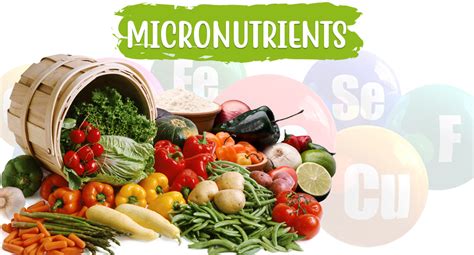
Other Key Micronutrients for Hormonal Balance
- Vitamin K2: Works synergistically with Vitamin D to support bone and cardiovascular health, and some research suggests a role in steroid hormone production.
- Selenium: An antioxidant that supports thyroid function, which is intricately linked to overall hormonal balance and testosterone production.
- B Vitamins: Essential for energy production and numerous metabolic processes, indirectly supporting optimal hormone function.
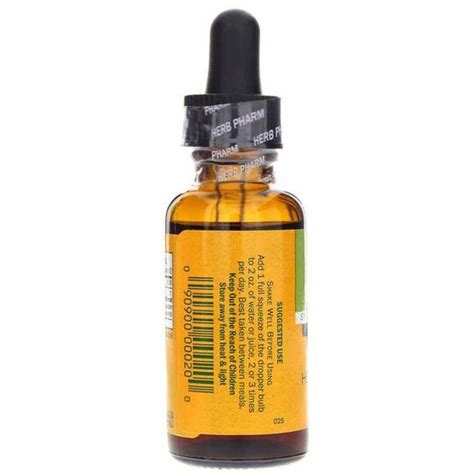
Beyond Micronutrients: A Holistic Approach
While targeted micronutrient intake is crucial, it’s part of a larger picture. For optimal testosterone levels, performance, and vitality, consider these lifestyle factors:
- Adequate Sleep: Poor sleep significantly reduces testosterone production. Aim for 7-9 hours of quality sleep per night.
- Regular Exercise: Especially strength training and high-intensity interval training (HIIT), which are proven testosterone boosters.
- Stress Management: Chronic stress elevates cortisol, which can suppress testosterone. Incorporate practices like meditation, yoga, or hobbies.
- Healthy Fats: Consume adequate amounts of healthy fats (monounsaturated and polyunsaturated) from sources like avocados, nuts, seeds, and olive oil, as cholesterol is a precursor to testosterone.
- Limit Alcohol and Processed Foods: These can negatively impact liver function and hormonal balance.
Conclusion
Optimizing male testosterone levels for enhanced performance and vitality is a multifaceted endeavor, with nutrition playing a foundational role. Ensuring sufficient intake of key micronutrients like zinc, vitamin D, magnesium, and boron can significantly contribute to natural testosterone production. However, these dietary strategies are most effective when integrated into a healthy lifestyle that includes regular exercise, adequate sleep, and effective stress management. Always consult with a healthcare professional before making significant dietary changes or starting new supplement regimens, especially if you have underlying health conditions.
